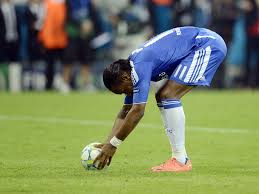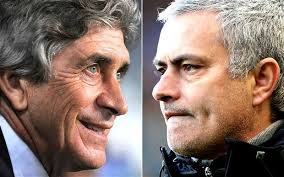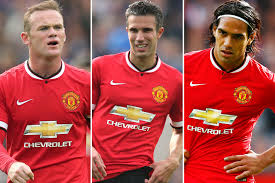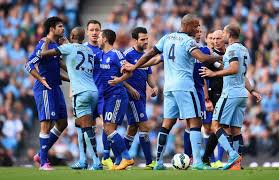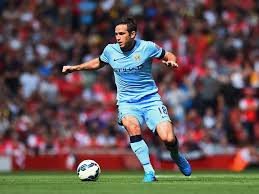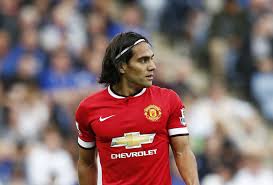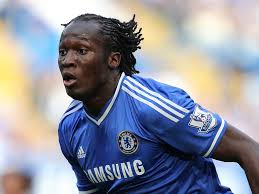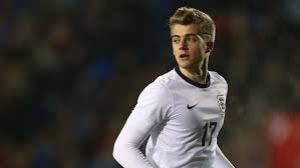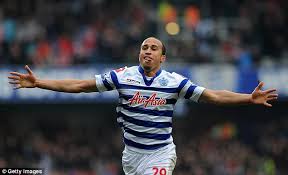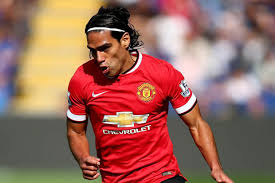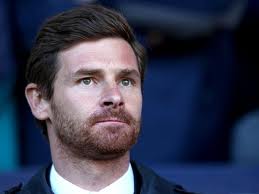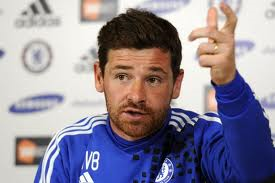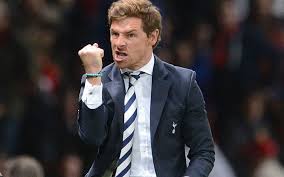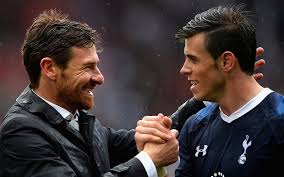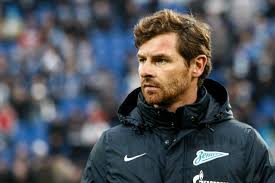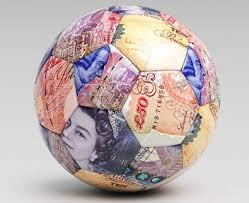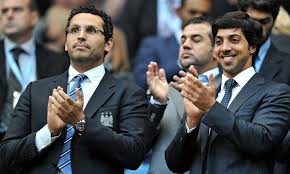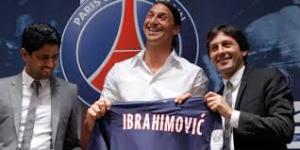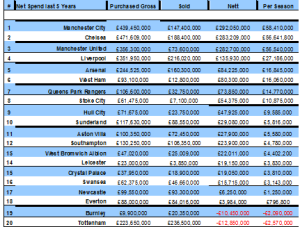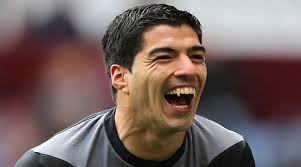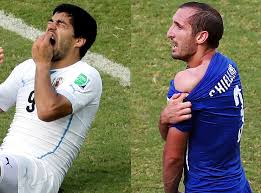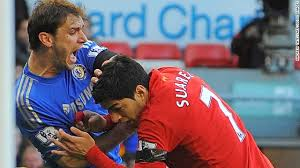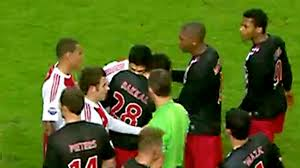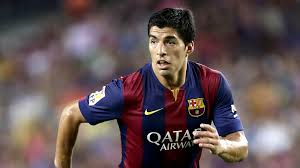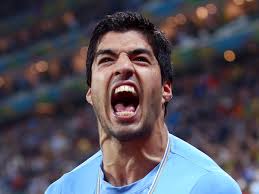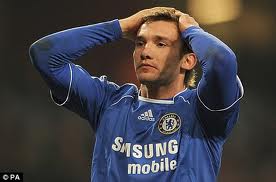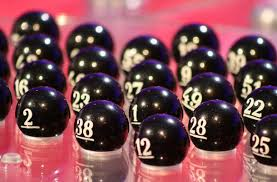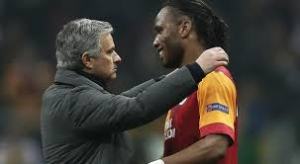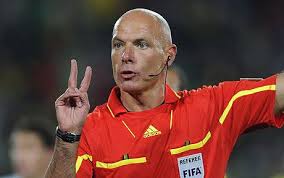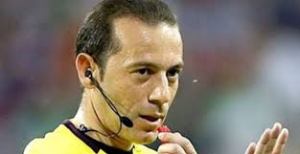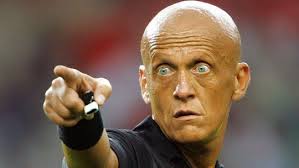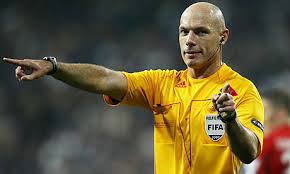Do we love them or truly despise them? Goalkeepers are said to be fond whilst players seen to loath the experience, however the psychological aspect of the whole process is truly fascinating. They are a critical time of judgment for all parties actively involved in either taking a penalty or attempting to save one. The full notion of kicking the football from no more than twelve yards happens within a quarter of a second, travelling at speeds of up to 125mph. This often sees a goalkeeper having to decide on which way they are going to dive before the ball is even struck. There is a science to the penalty kick, which in hindsight seems like a effortless task for the man kicking the ball into the net from no more than twelve yards, however, the simplicity of it all is the most difficult thing to overcome when under severe pressure and trying to maintain composure. The importance of goalkeepers studying their opponents and their decision making whilst running up to strike the ball has become imperative in order to stop the ball from getting passed them. Reading a player’s body language on approach tends to be a good sign but most saves from the penalty spot are based on experience.
Although there have been pleas to remove the penalty shootout altogether there hasn’t been a doable replacement to settle a game. If two teams are still level after 120 minutes of football then it would seem very unlikely that one of them take the initiative beyond that. The statistics are truly fascinating when studying the mathematics behind the shootout. There is a 60 to 40 better chance of winning the contest for the team who goes first. This could be because they are the side putting their opponents under more pressure to hit the back of the net if they score before them. On the reverse side, if the first team misses their antagonist feels the increasing concern of having to take advantage which can often cause the nerves to jangle.
Furthermore, there is a higher probability of a team winning if they have netted an equaliser to make the score level in normal playing time. This is due to the characteristics that accompany the momentum of the team which has just taken an opportunity. The equalising team installs renewed belief that they can win the game despite the penalty shootout symbolising the lottery. For instance, a really good example would be to review the emotions of the Bayern Munich players once Chelsea eqaulised in the dying embers of the game in the 2012 UEFA Champions League final. The Germans were on their home turf and looking comfortable before Didier Drogba struck to cancel out Thomas Muller’s 83rd minute goal with no less than 120 seconds left of the ninety remaining. Despite playing a further half-an-hour due to extra time taking place the Bayern players looked defeated as soon as play resumed following Drogba’s goal. Chelsea went on to lift the European Cup after their Ivorian striker sunk a double sided bullet into the Germans with a crisp penalty with the shootout finishing 4-3 to Roberto Di Matteo’s side. It is said that 65% of the final penalty takers score without the tie having to reach sudden death, with Didier Drogba proving to be on the right side of that marker.
Rather interestingly Chelsea missed their first penalty through Juan Mata that evening, which counteracts the truth behind the success of the first penalty taker of each team being the most successful from the spot as they are more likely to score than any of their teammates. Philipp Lahm was the first Bayern Munich player to step up and volunteer, converting without hesitation. Although it is said those first up have the hardest task, the opportunity to score is more likely due to the pressure undeniably building as the course of the shootout progresses. If the first penalty taker misses then there is more of a opportunity for revival as a team’s position can be relinquished by the proceeding twelve yard kicks. If a player misses on penalty number four of five, the pressure is on the fifth volunteer to score whereas the first shooter has four men to follow him to change the score line.
The most popular area of the goal for a player to shoot at and score successfully is the bottom left hand corner, with a success rate of almost 19%. The old saying ‘hit is low and hard’ is most certainly the favourable choice with almost half of players shooting low to encourage the goalkeeper to get down low into the corners to stop the shot, which in truth causes them to work harder. The left side of the goal sees just over 40% of penalties scored, with 35% aiming for the right with success and only 24% opting for the centre of the goal with a positive outcome. Despite the bottom left proving the most successful option it is actually the lower right which most players choose to put their shot, a figure 40% to be precise. Retrospectively, a figure of around half of all penalty takers opt for the bottom of the goal, 29% choose the roof of the net and less than a quarter plant the ball in the mid-drift. The least flattering option is to shoot directly at the centre of the goal, half way between the goal line and the crossbar. This suggests there is a lack of confidence from the shooter, assuming that the goalkeeper is going to move completely from the centre of his goal, the one position where they are told to stand before the penalty is taken. A goalkeeper’s save rate automatically increases when stood in the middle from a 13% chance of saving a penalty to 33%. Most penalties are saved in the bottom right hand corner of the goal whilst not many are clawed away when the ball angles to one of the top corners which tend to be out of most goalkeepers’ reach. Around 70% of all penalty saves are made with the goalkeeper diving low but the conversion rate still proves ‘low and hard’ to be stronger avenue to take. Whilst the bottom left of most penalties is the triumphant option there is a high probability it is also the choice which sees players dragging the ball wide, which is surprising as the most off target shots would presume to be blazed over the bar. Aside the kick-takers statistics, a goalkeeper will dive to either his right or his left 94% of the time. They tend to guess correctly around 40% of the time on the direction of a shot but only save between 25-30% of those. Goalkeepers are said to be more forgiving of shots beating them on an angle rather than seeing the ball role past in the centre of their goal posts.
Overall the average success rate of a penalty being converted lies at just under 87%, which suggest at least three of the ten takers will miss from the spot. Players including Chelsea’s Eden Hazard have continued to impress from the penalty spot with a 100% dominant record, whilst the runner-up in the Ballon d’Or 2014, Lionel Messi has missed only 6.9% of all the penalties he has taken from the white dot.

